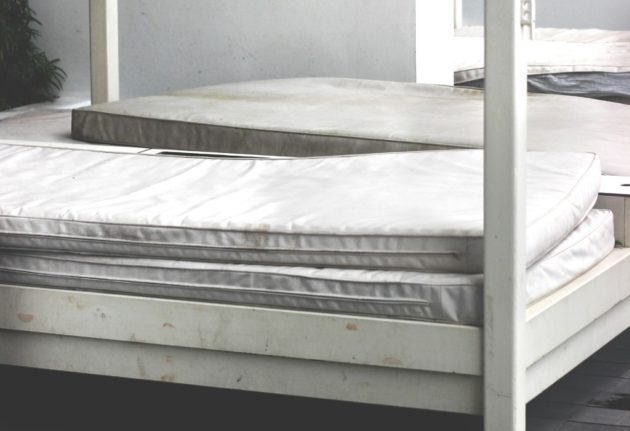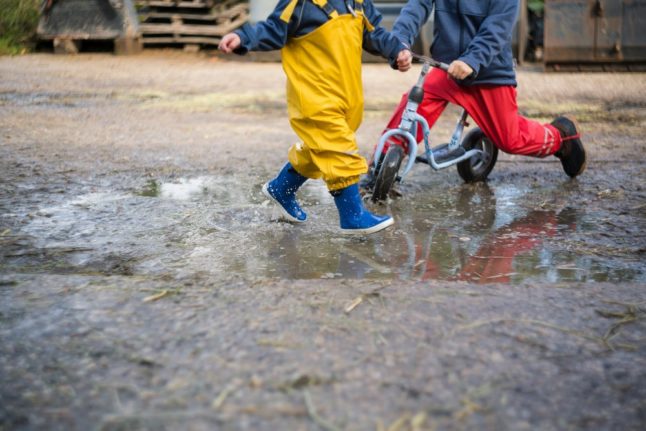All types of mattresses, including the thinner “top mattress” commonly used over regular mattresses, can be recycled under the trial scheme, Copenhagen Municipality said in a press release.
The mattress must be dry when collected, however – it is not uncommon for residents of the city to dispose of mattresses by leaving them in outside storskrald or outsized refuse areas for apartment buildings, or even on the street.
The trial scheme will last for an initial nine months.
Some 65,000 mattresses, weighing 1,300 tonnes, are thrown away in the Danish capital each year, the municipality says in the statement.
They take up space at recycling centres and rubbish containers and are currently not completely recycled. Only metal springs and wooden components are currently reused, with the remaining materials sent for incineration.
For nine months from February 1st, the municipality will collect dry, used mattresses across the city and send them to a new sorting centre located at Prøvestenen, near the Amager Recycling Centre, and on to a specialist recycling centre in the Netherlands.
Because mattresses must be dry, city residents should deposit them only at covered refuse areas belonging to housing areas, or in two inside containers at either the Sydhavn Genbrugscenter or Borgervænget Genbrugsstation recycling centres, to the south and north of the city respectively.
Line Barfod, the elected head of the city’s infrastructure and environment committee, said she welcomed the trial scheme.
“Mattresses are an example of the type of rubbish that is a bit inconvenient and which, in the past, we’ve seen lying around in back yards and being subjected to wind and weather,” she said in the statement.
“Generally, we have to move away from ‘throw-it-out’ culture and make better use of our resources,” she said.



 Please whitelist us to continue reading.
Please whitelist us to continue reading.
Member comments